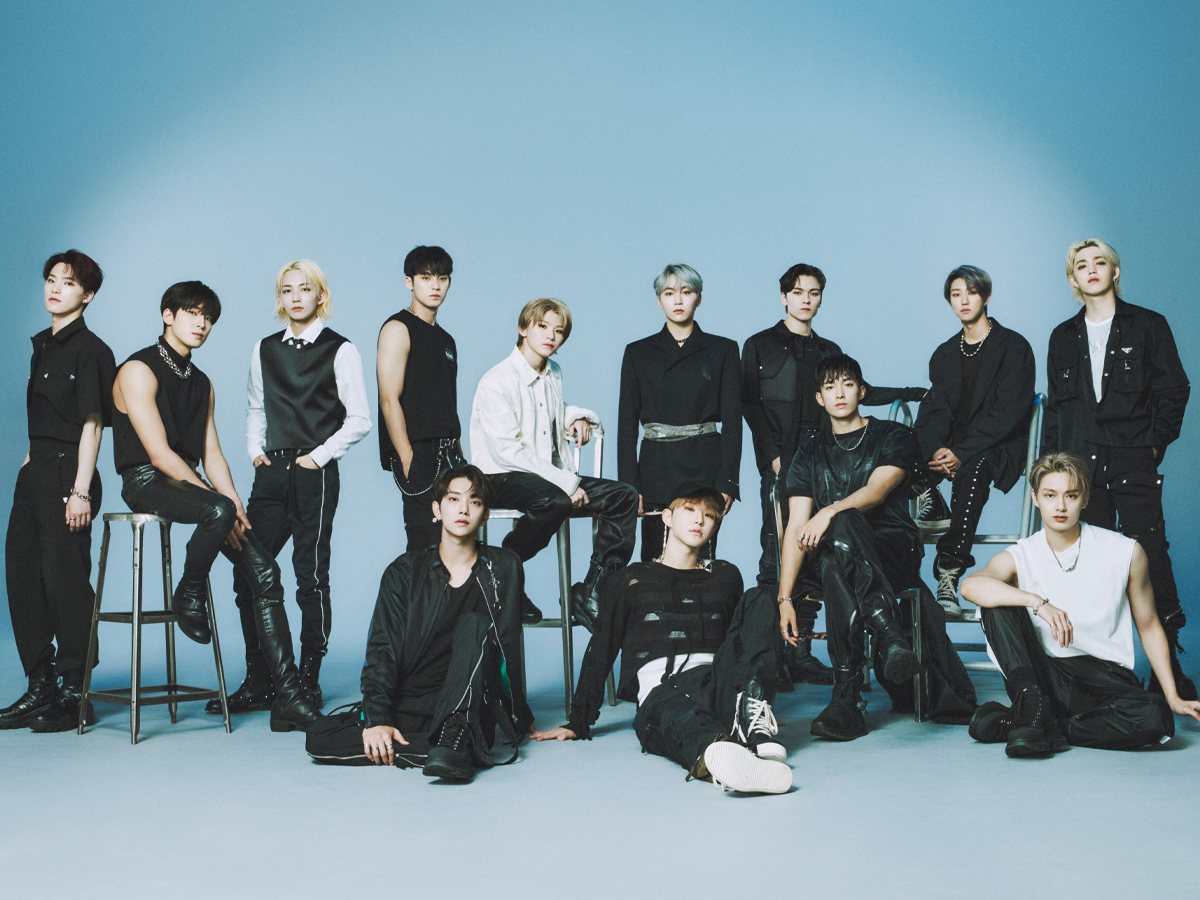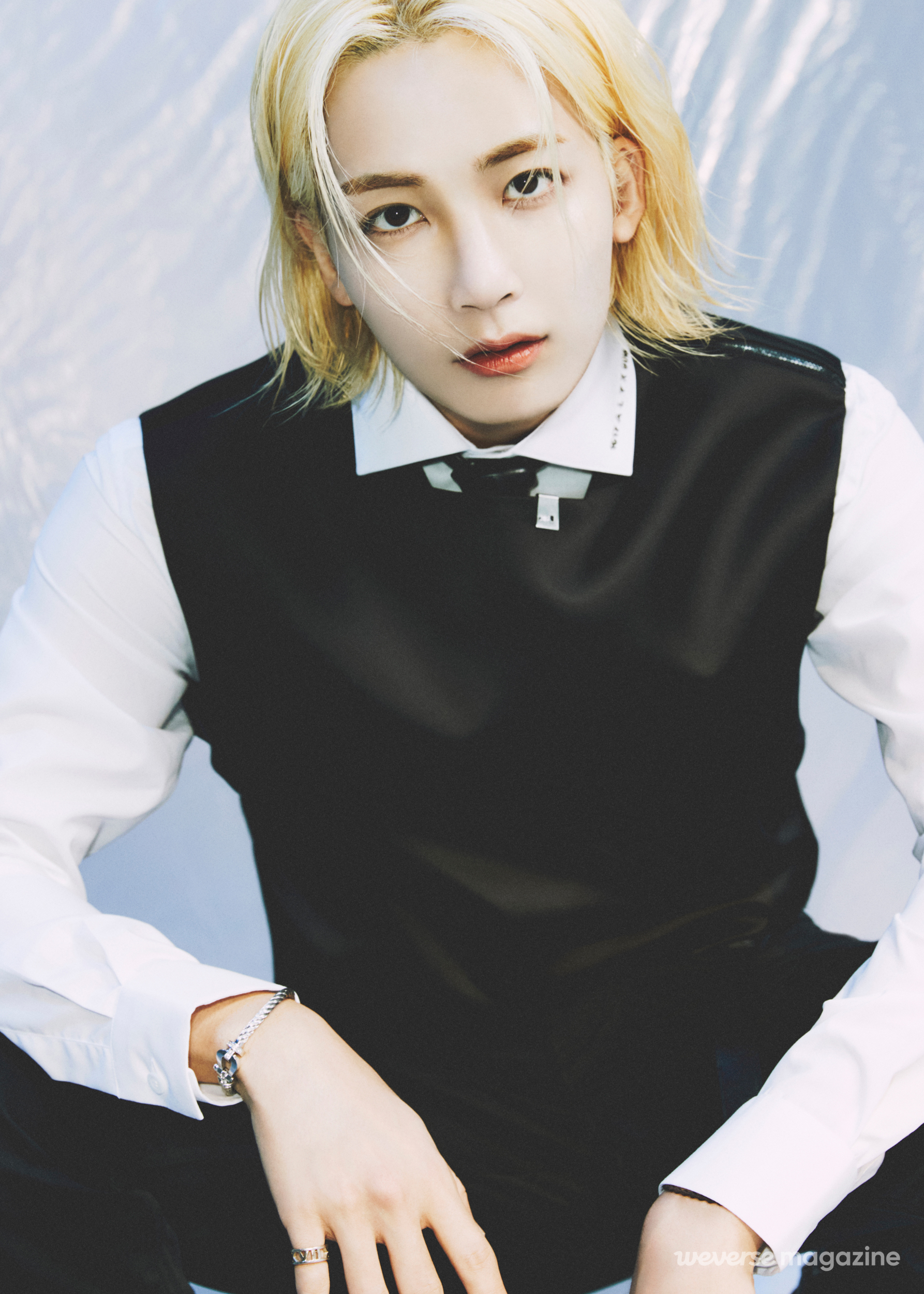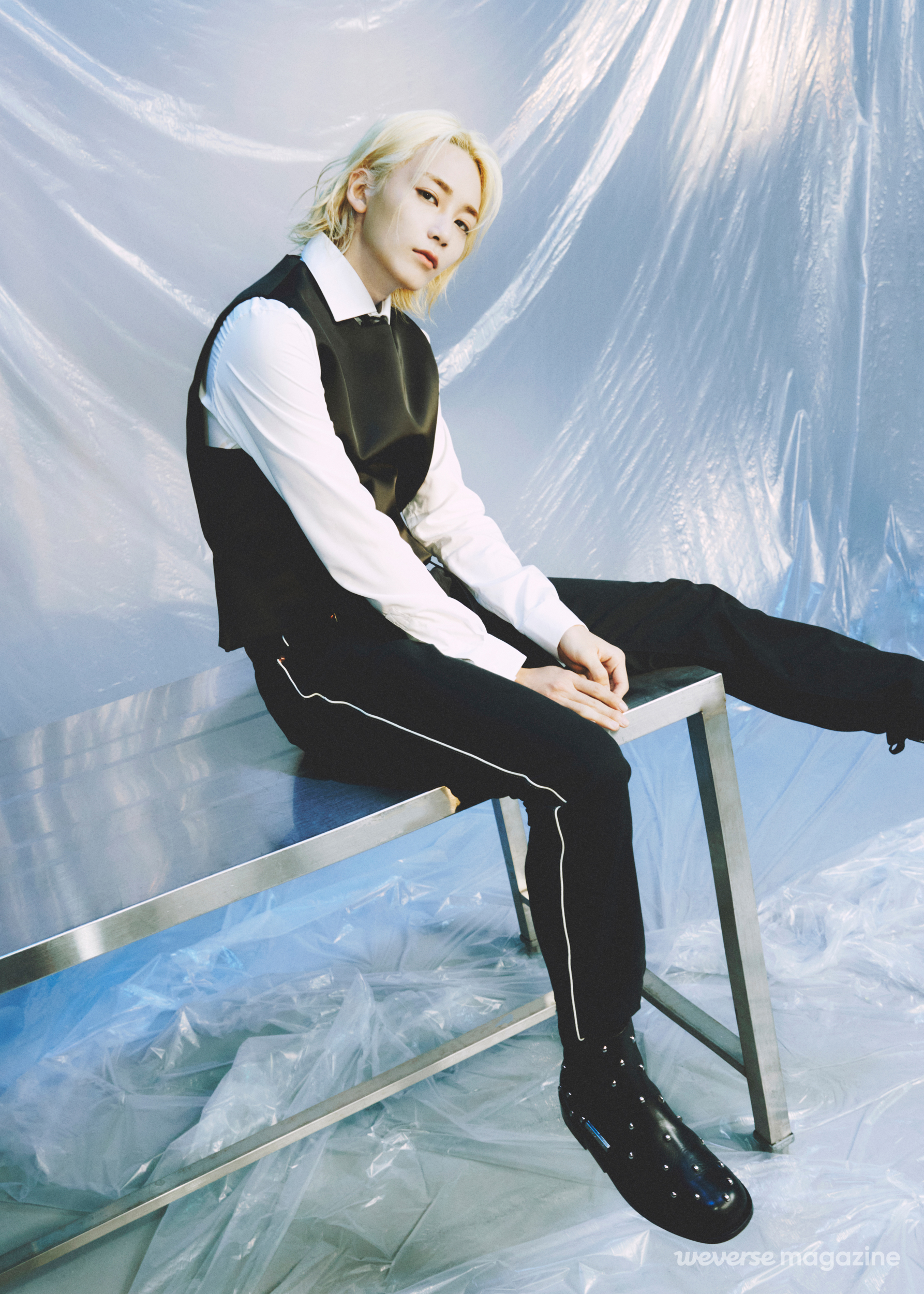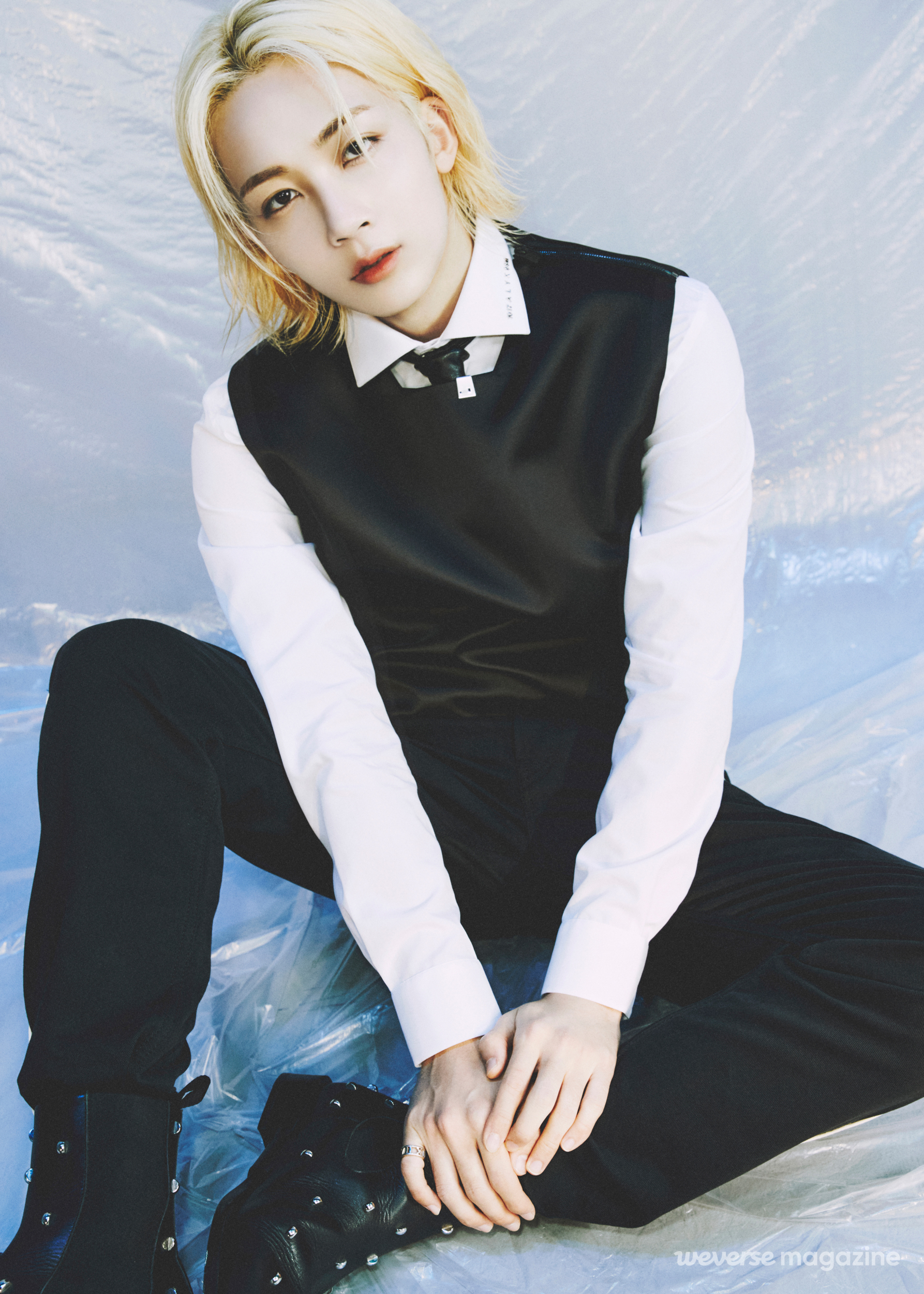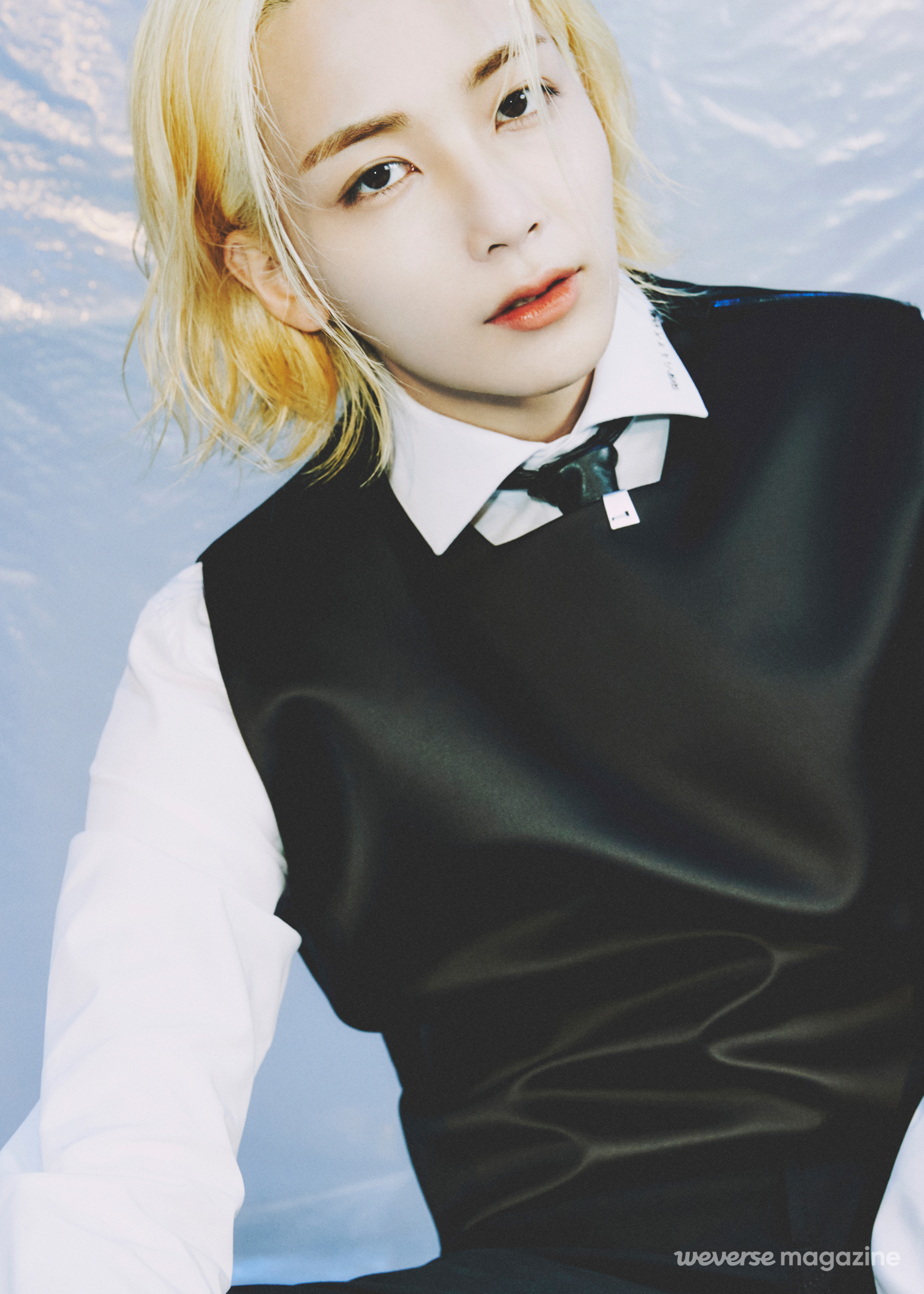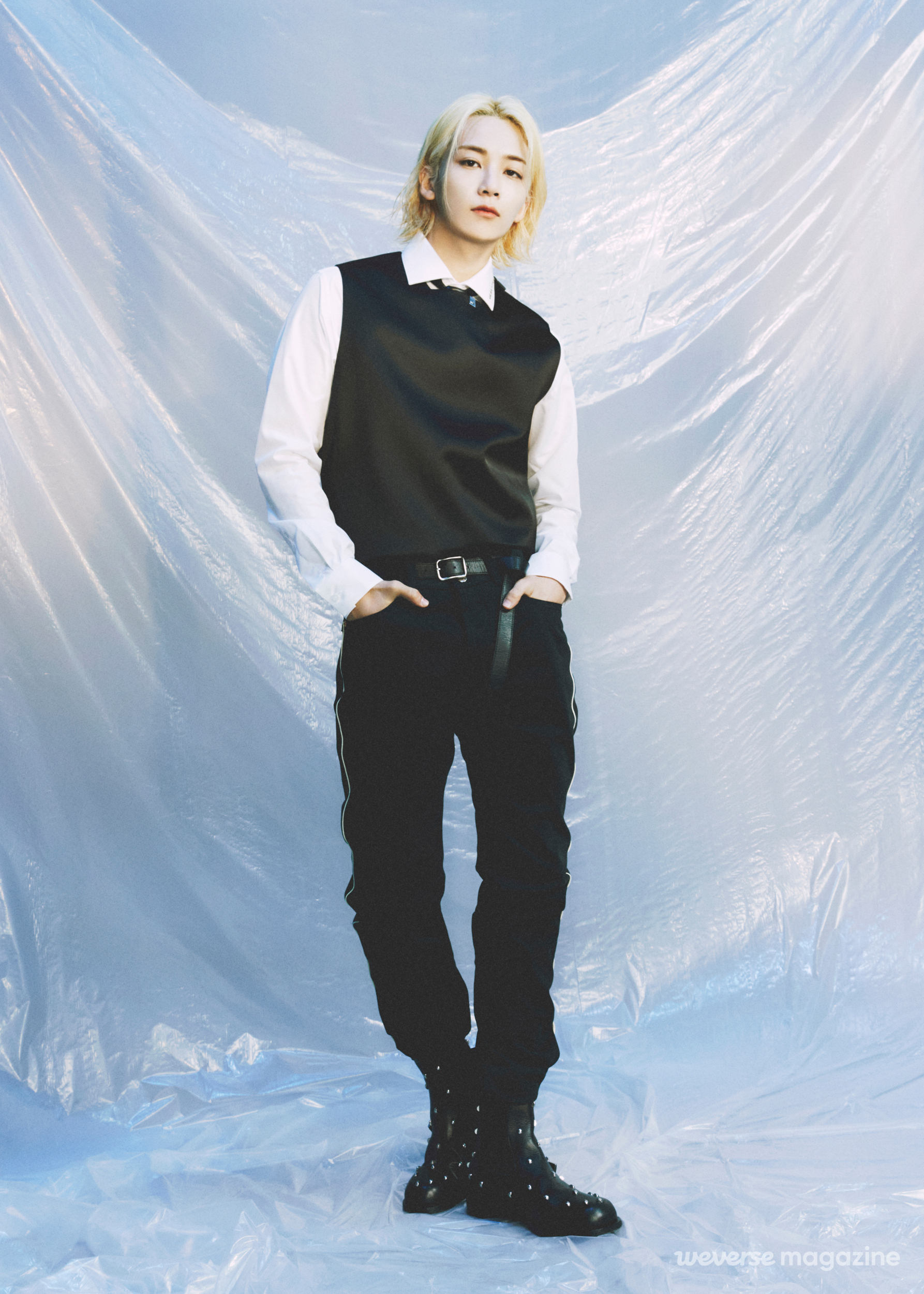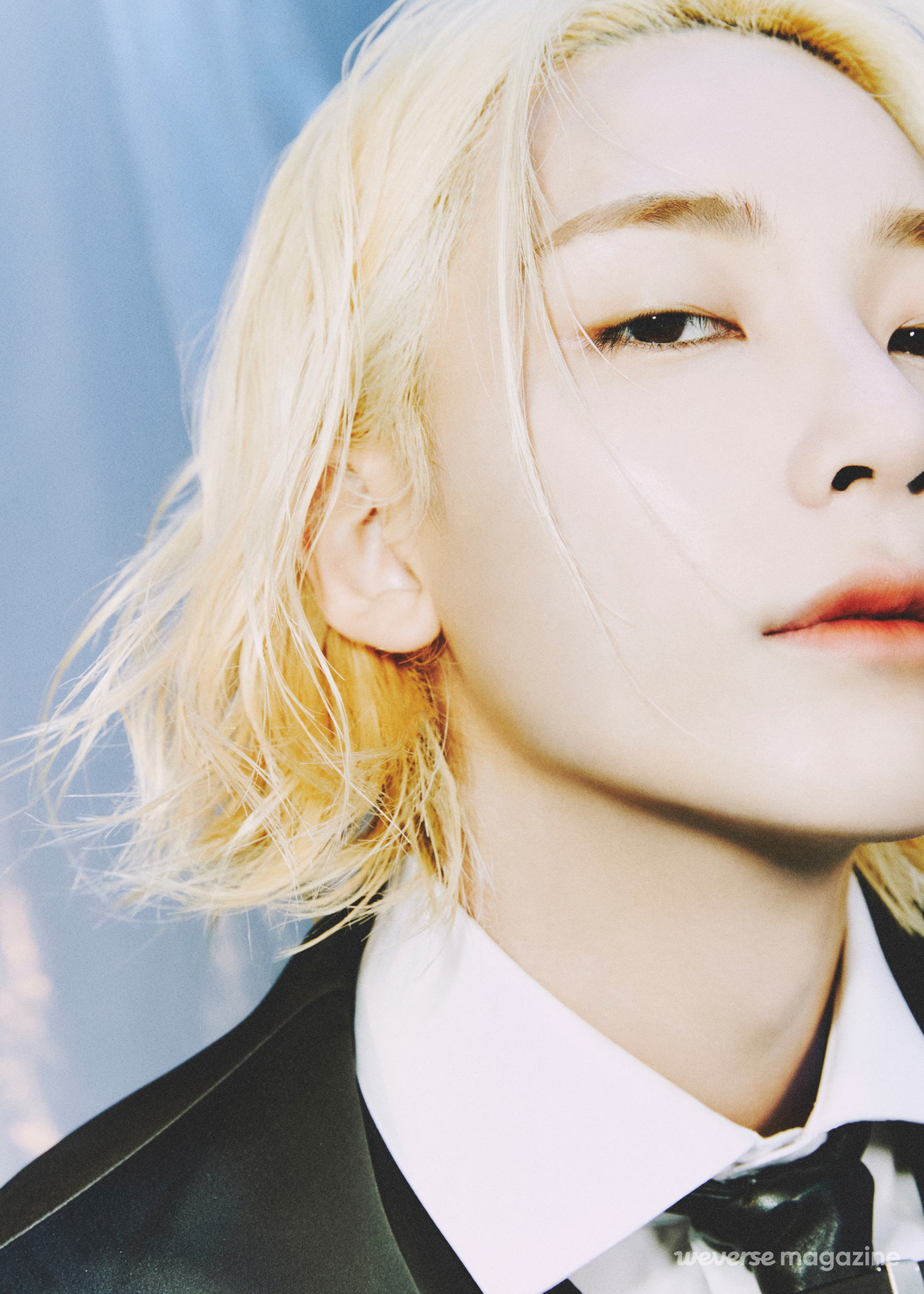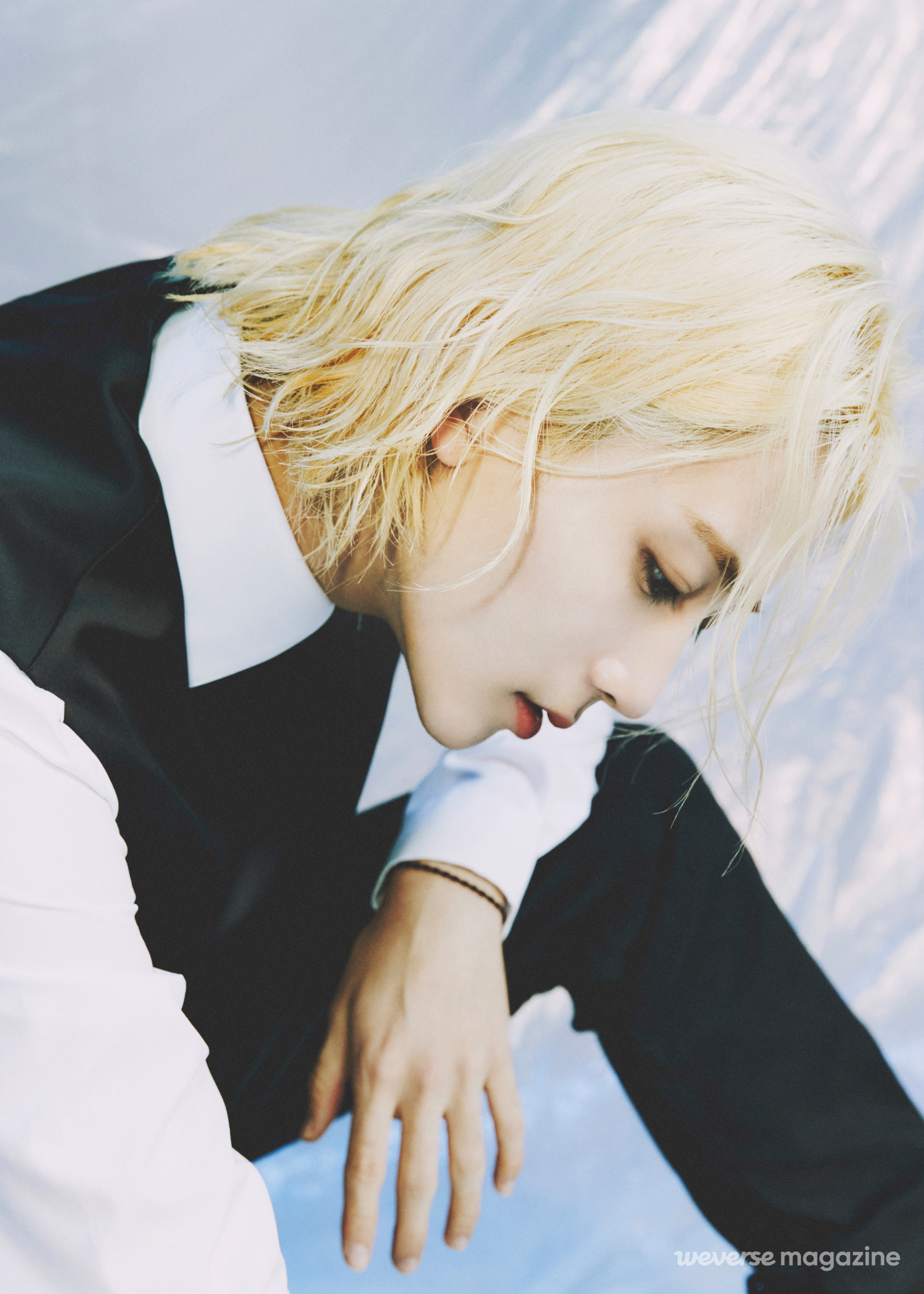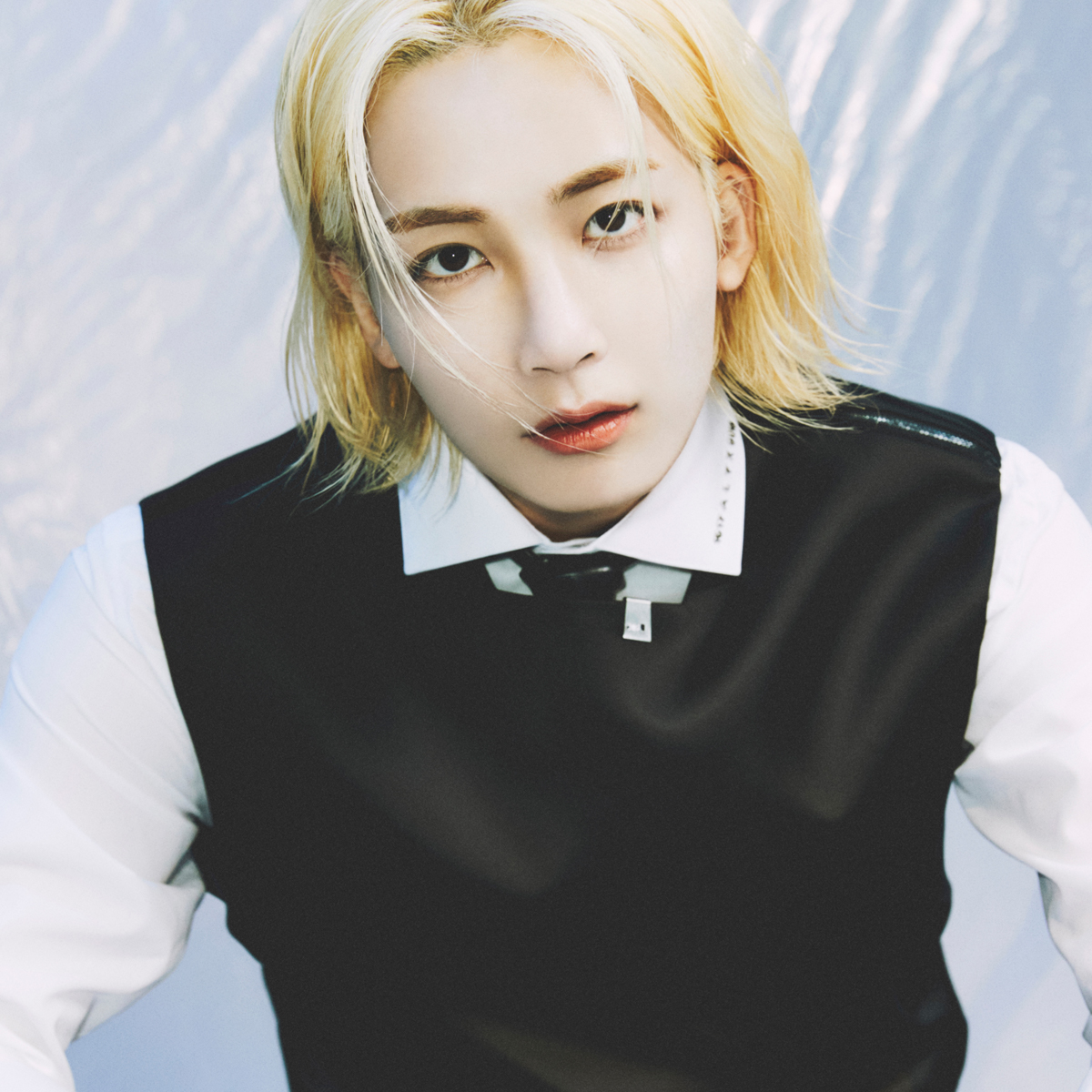
I recommend you watch the “ONE MILLION WON” episode of GOING SEVENTEEN after you finish reading this interview. That way you’ll know how JEONGHAN felt when he stood grinning at the other 12 members from the top of the set.
How are you feeling about the comeback?
JEONGHAN: I always feel nervous and excited any time we make a comeback, but seeing how this album’s different from SEVENTEEN’s other albums, I’m more nervous this time, I think. And the members had a ton of meetings about this album. It’s got a major pop twist to it and the whole thing’s about love. But the members had to think a lot about how to express that since love is full of so many different meanings.
I feel like you can see all the thought you put into it in the choreography for “Ready to love”: It seems like you tried to express love in a variety of ways.
JEONGHAN: That’s right. Our musical style has changed, and as I tried to express my feelings about love, I also thought about how to emphasize the most important points. You have to be satisfied with how accurately you’re expressing yourself the way you want to if the final product’s going to be any good, so we kept making changes to the song and choreography to make sure they worked well together.
Your body silhouette must’ve been especially important for this performance. And on that note, it feels like you always keep yourself in good shape.
JEONGHAN: Self-maintenance is just something you have to do, I think. But I probably need to exercise more than I do. I’m 25 years old, plus the group’s music is changing and maturing, so I think maybe I’d better cultivate a more robust image, too. Of course, when I work out really hard, I become really tired. It was too much, working out and getting ready for the comeback side by side. So I quit for a while, but I think I need to start up again.
You must have some concerns when practicing. For instance, you really have to pour yourself into completing a performance for the end-of-year awards ceremonies in just a few days.
JEONGHAN: Exactly. We have to practice a lot because we’re a team, but it’s like I’m keeping up with the other members, since my trainee period was relatively short. I debuted when I wasn’t quite as good as the other members yet, and I still memorize choreography slower than them, so I have to put in a lot of effort. Even if I’m physically lacking, this is still my job. And since I’m a part of a team, I have to keep up so we can put on a good performance.
It must have been important to work hard to contribute to the team after you became SEVENTEEN.
JEONGHAN: I tried really hard to always live a full life. I liked it when my day off would consist of working out, taking lessons and then finishing up around eight or nine o’clock. I felt anxious if I had a three- or four-hour gap. I hated it. After that I thought I better take it easy for a while, but these days I feel like I should work a little harder. You can find videos like “the habits of successful people” on YouTube. Maybe I was partly influenced by those kind of videos. (laughs)
Wait, why would someone who’s already successful watch “the habits of successful people”? (laughs)
JEONGHAN: I wake up late in the day—I guess because I go to bed late, too. I used to wake up at one or two in the afternoon when we were between releases but after watching those videos I decided to change that, at least a little bit. I’m also studying how to write better lately because my handwriting’s so bad. I say to myself, I’m gonna wake up at noon instead of one or two and study my writing, and try to change little by little, and then try to push myself a little more. They say 15 minutes is about 1% of a day. I saw people saying those 15 minutes can change them and figured I should probably invest 15 minutes a day.
What made you think that?
JEONGHAN: Although I’m working hard now, I thought I could make myself a better person in my free time as well, like when I’m waiting around for things. Around that time I randomly saw a YouTube video and suddenly realized that just because I’m making more money doesn’t mean I’m more grown up. But I don’t think I’ll make too many changes at once. (laughs) I’m changing little by little because I think I’m more likely to fail if I try to change too much at once.
Won’t you end up having changed a lot of things if you do it that way? Especially if you compare yourself to when you debuted.
JEONGHAN: I mean, in some ways I’m more mature, but I don’t think I’m noticeably different. I’m only where I am today because of how hard I worked from when I was 19 to when I was 25, and while it’s true that I earn more money than other people my age, I wonder what about me has changed. I’m learning Japanese but it’s not like I’m that good at it. And I thought that, other than working hard, I wasn’t doing enough to improve myself. But I only just started doing it the way I’m trying to now (laughs) so I’m trying to stick with it. Because I’m curious how different I could be in 10 years.
But isn’t that because you put all that energy into working? It feels like a kind of determination on your part to make up for your shortcomings.
JEONGHAN: The other members talk a lot about the musical aspect of our work when we have meetings, but I think I’m not as good with that musical aspect. So I think I need to do better, and I’m trying to change myself little by little by doing my best at everything I can do.
It seems like you really like your team. Is it your love for them that motivates you to do your part for the group when they talk about music?
JEONGHAN: I mean, those guys are absolutely amazing. That’s what keeps me motivated and makes me want to change for the better and contribute to the team. They motivate me to give my all. I think about what roles I can play in the group a lot.
I think we really got to see what role you play in the “ONE MILLION WON” episode of GOING SEVENTEEN. You had to get each of the other 12 members on your side to win, so you tried to persuade each of them in a different way.
JEONGHAN: We’ve lived together for a long time, which requires consideration and respect, so I ended up being careful about everything. Some people might be okay with a joke to a point, while others could get upset by it. So naturally I understand the other members and know who’s most likely to be convinced to come over to my side.
What criteria did you use to persuade them? When HOSHI said to you, “Let’s make history,” it seemed like you’d chosen a suitable way to persuade him, somehow. (laughs)
JEONGHAN: Everyone has their own set of values, and while some of the members just see the show as a show, some of them don’t. That’s what I was thinking about there. For the ones who see the show as just a show, I say, It’s just a show—let’s not worry about it too much. But for the more serious members, I have to tell them I respect them, or just tell them to do whatever they want, because I’m in a situation where I’m asking them to betray the others, so if I don’t address it that way, I’m making them feel guilty. I was also happy that it was an ending that everyone could like.
I felt like the way you acted in “ONE MILLION WON” was just like your real role in SEVENTEEN. You’re well known for listening to the other members well.
JEONGHAN: I was 18 when I started out as a trainee and I grew close to the ones who started before me. But I was one of the last people to join, and when any of the younger trainees who joined like me had a problem they talked to me. On the other hand, I hung out with the older trainees a lot, so during those years I was in the middle when the younger trainees struggled to talk with the older ones or when the older trainees couldn’t understand the younger ones. Even after we debuted I tried to keep the older and younger members all connected, I think. I think we got to know each other a lot better as we talked back and forth. I can tell things like, Something’s up with him, or, I better leave him alone, just by looking at their faces. Or sometimes their tone or expression change and I ask them what’s bothering them and they ask how I can tell.
Isn’t it physically taxing communicating with all the members? You must find you’re quickly out of battery, so to speak.
JEONGHAN: Yes, so three years after our debut, I just let that go. (laughs) I felt like we were good enough that I didn’t have to play that part anymore. But I think I took on that role for so long up to that point that the other members still talk to me when something’s bothering them, and I make sure to listen to them. It’s fun talking to them. Sometimes I cry from the things they tell me. I don’t know why—I never cry when my parents tell me anything. I don’t really have any friends who are celebrities other than the SEVENTEEN members, so I always hang out with them. I end up relying on the other members more and more.
It seems the members hold a special place in your heart. It feels like you can’t just say they’re people you work with anymore.
JEONGHAN: I never thought of SEVENTEEN as a business, not even once. I think SEVENTEEN is SEVENTEEN. It’s not exactly a family, but it’s not a business, either. We’re just group members, but—members with a strong bond? Like a lifelong members’ club. With SEVENTEEN, it feels like we’re always there for one another. And I think the other members will always be there for me.
That’s what you see when you look at the team as a whole, but what about when you have to be the center of attention? When you’re the one tasked with singing the highlight of a song, for example.
JEONGHAN: I try to do my best, but I’m absolutely terrified before I have to do something like that. The label and the other members are all trusting me with this important role, and I can’t mess it up, so I feel the weight of it when I practice. Because I think I have to put on a good enough performance.
That reminds me of something you said in an interview with 1st Look: “I didn’t have any desire to do individual photos or a solo career. It was my first time working in an environment without the other members, so it was challenging, interesting and fascinating.”
JEONGHAN: While I do think I try to take good opportunities that come my way, I didn’t have much desire to do anything solo, so I told them so. I mean, I’m here because I like being a part of a team and working with the other members.
Don’t you ever have any regrets? You got a really enthusiastic reaction to your solo performance of “Purple Rose” at the IDEAL CUT – THE FINAL SCENE concert.
JEONGHAN: I had to challenge myself to do that. My whole body shakes when I sing alone so I thought I should try to get over it. I figured I could express something like “Purple Rose” decently and kept in mind which parts I thought CARAT might like. I think about what would look best for every part and come up with gestures to perform on stage.
The part you sing in “All My Love” that starts with “Hello, my joy” became really popular with CARAT. You were very immersed in your singing. What did you think you should do with your vocals?
JEONGHAN: It was really hard to record that. That part was really important and we made a ton of edits to it. I concentrated on the details: I wanted to sing it syllable by syllable, so I recorded the “hello” so many times to sound nonchalant, even though it’s only two syllables, and when I sang “despair” I had the idea to bring the sound down low.
You paid a lot of attention to detail on every part in the new album, Your Choice, too. Every members’ voice is different in “Heaven’s Cloud” but they keep the same emotion throughout the song, and toward the end of “Anyone” you sing more intensely than usual.
JEONGHAN: Me and the label both thought my part in “Heaven’s Cloud” suits me well so I feel confident singing that part. And “Anyone” is actually easier to sing that way. The voice I sing with now is my “SEVENTEEN JEONGHAN” voice that suits the group better, but before I was a trainee I would belt out songs at karaoke like I do in “Anyone.”
You mentioned “SEVENTEEN JEONGHAN.” Does a different side of you come out when you do things that are unrelated to the group?
JEONGHAN: There was a time when I was being molded into a moving piece of this team, and when that was happening there were times when I felt conflicts between SEVENTEEN JEONGHAN and Regular Jeonghan. Now they’re all nice and mixed together and I feel like the line between them has disappeared. Talking with the members helped a lot, too.
In your interview with Cosmopolitan, you said, “I think I feel best when I’m standing in from of CARAT as SEVENTEEN JEONGHAN.” I felt like that’s how you feel about SEVENTEEN, too: wanting to express yourself from within the team and do a good job together.
JEONGHAN: Exactly. I think the feeling’s the same for CARAT, too. I want to be even closer to them—like friends from around the block. I think I should also treat them with more care, though, since we’re friends.
With vaccinations picking up the pace, it’s looking like you’ll be able to see your fans soon. How will you feel if you put on a concert?
JEONGHAN: I think this time has helped me capture my memories and feelings better, so I want to see them as soon as possible. I think it’ll feel like it’s my first time on stage. Maybe I’ll be so nervous that I can’t even speak properly. I might even make one mistake in the choreography. So I would be grateful if you could try to understand just in case I trip up. (laughs)
Unauthorized reproduction and distribution prohibited.
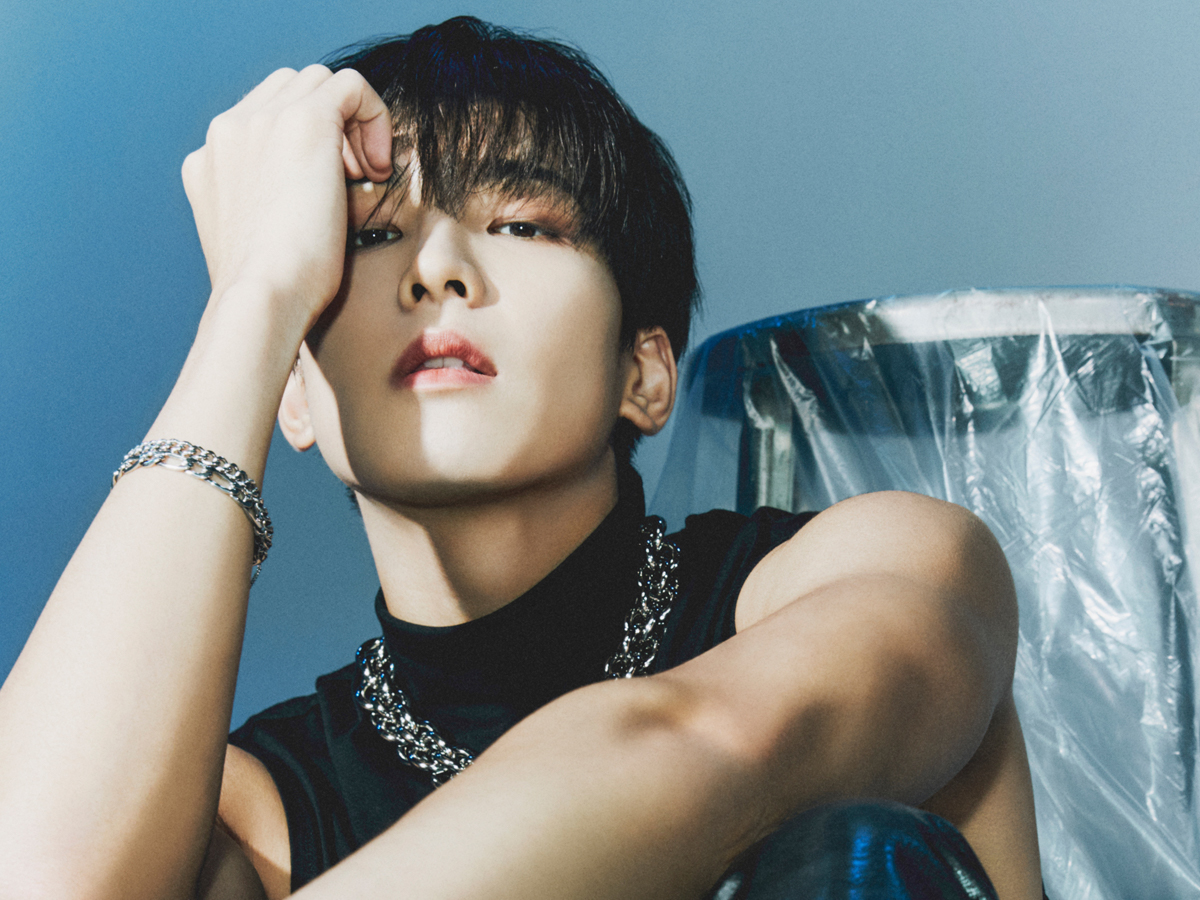
- DK: “I just want to believe in myself”2021.06.22
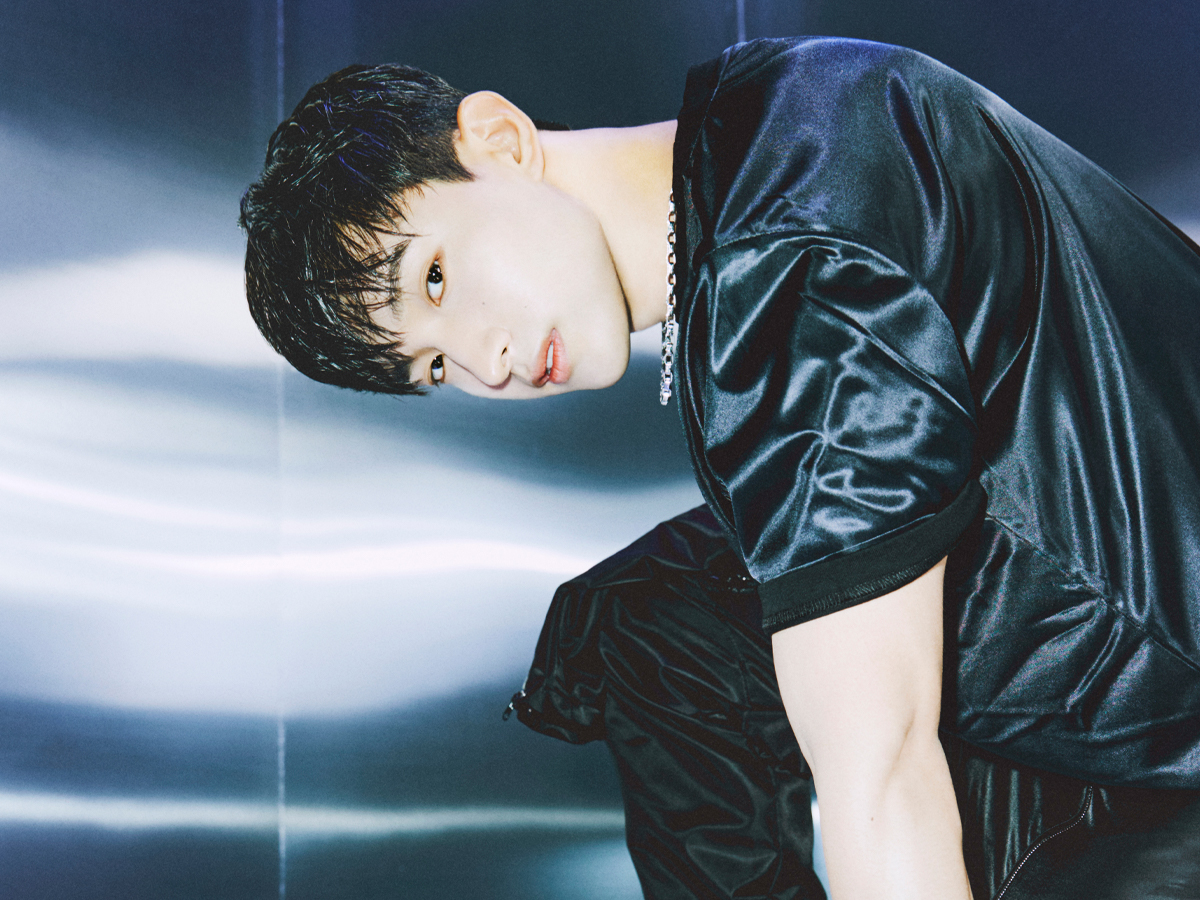
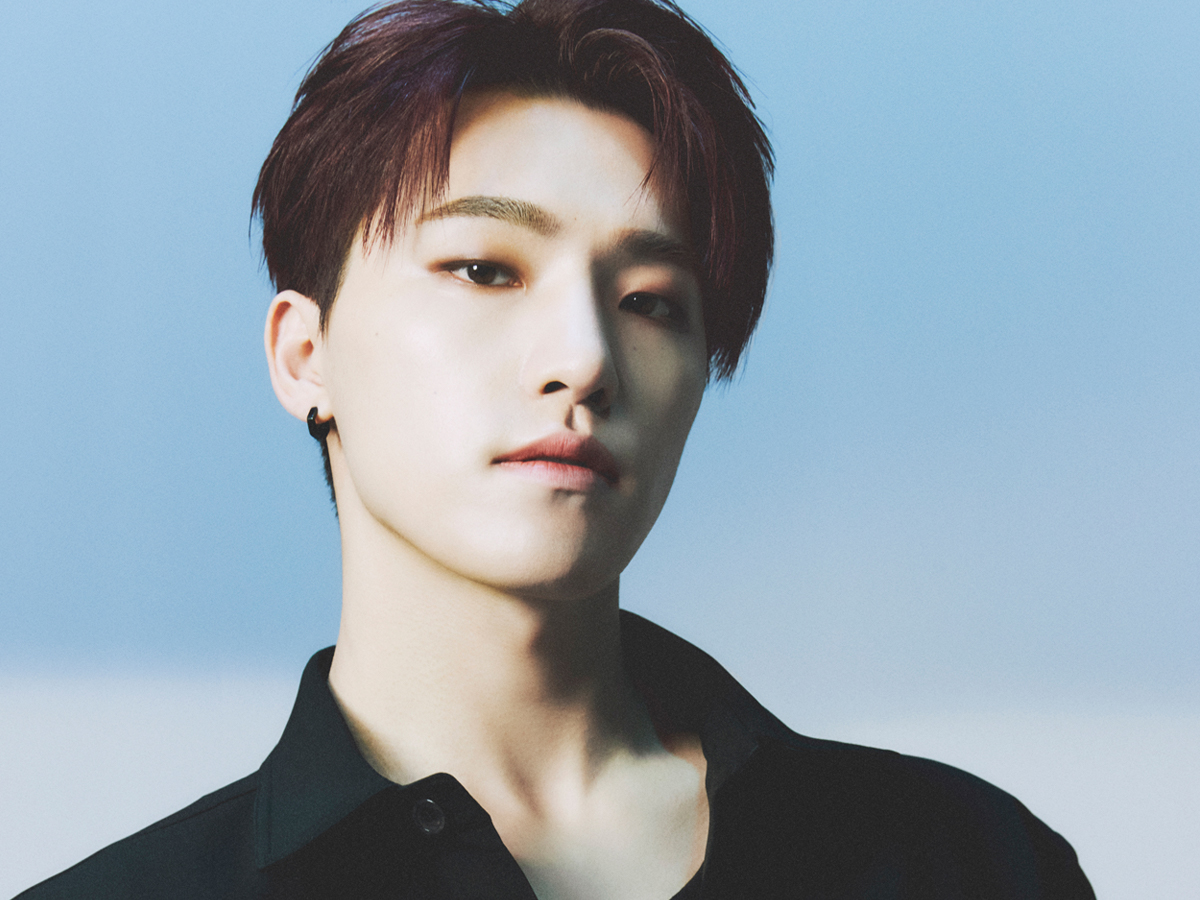
- VERNON: “I’m happy knowing who I am”2021.06.25
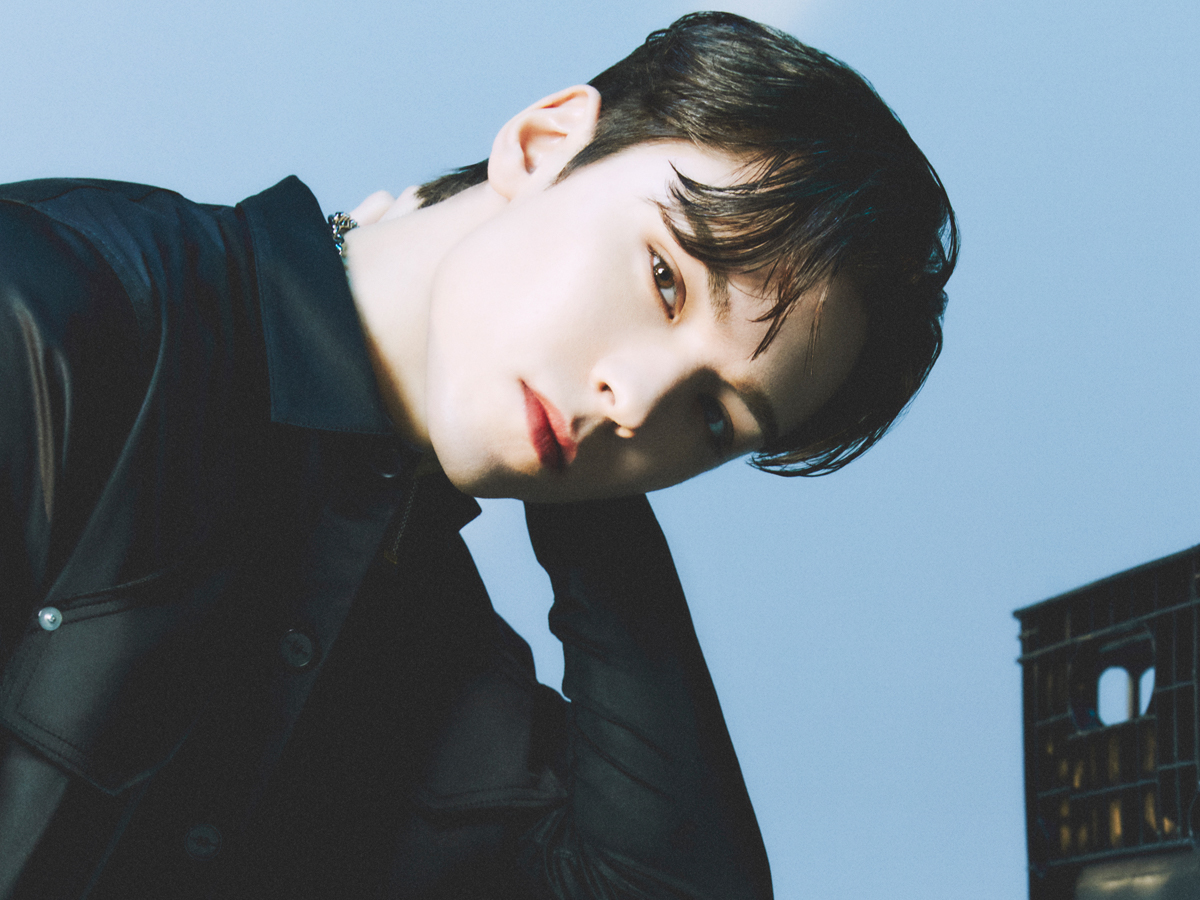
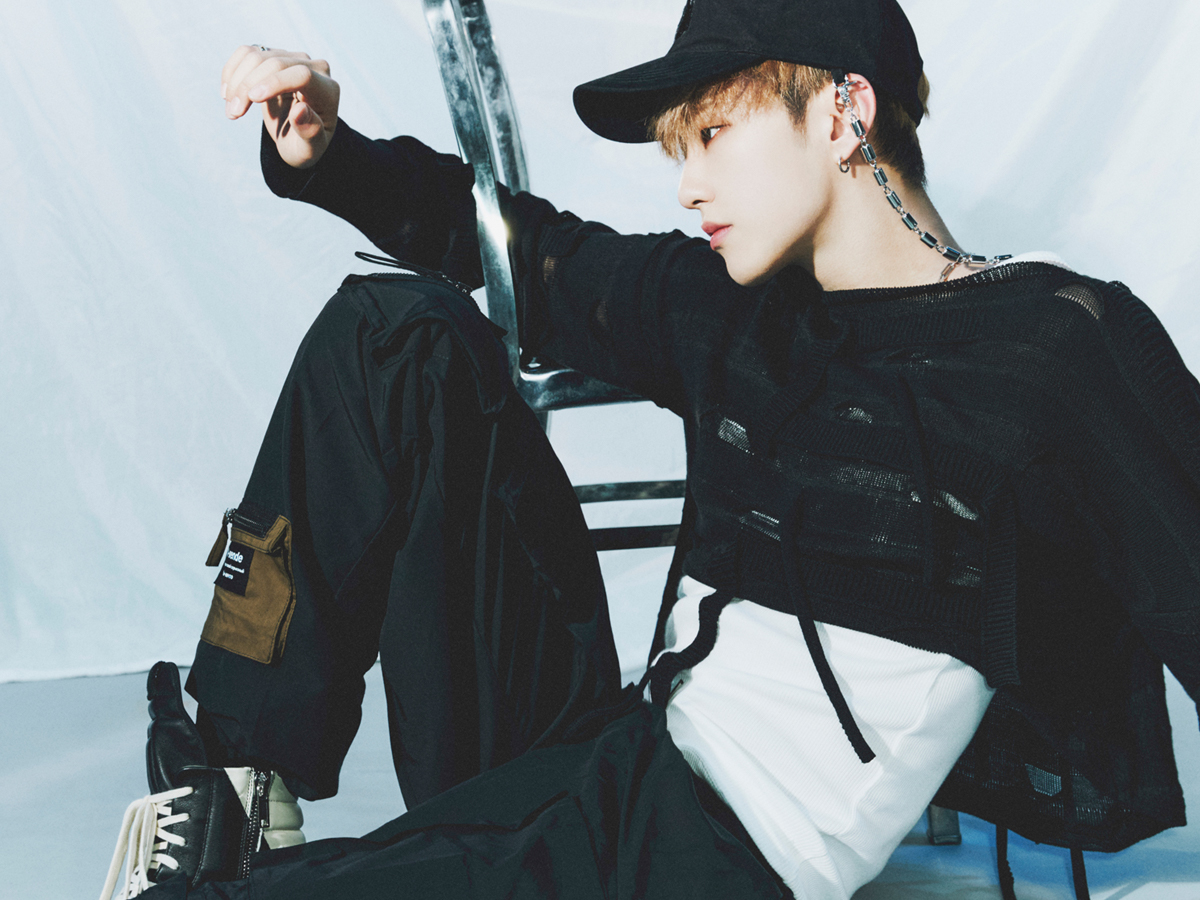
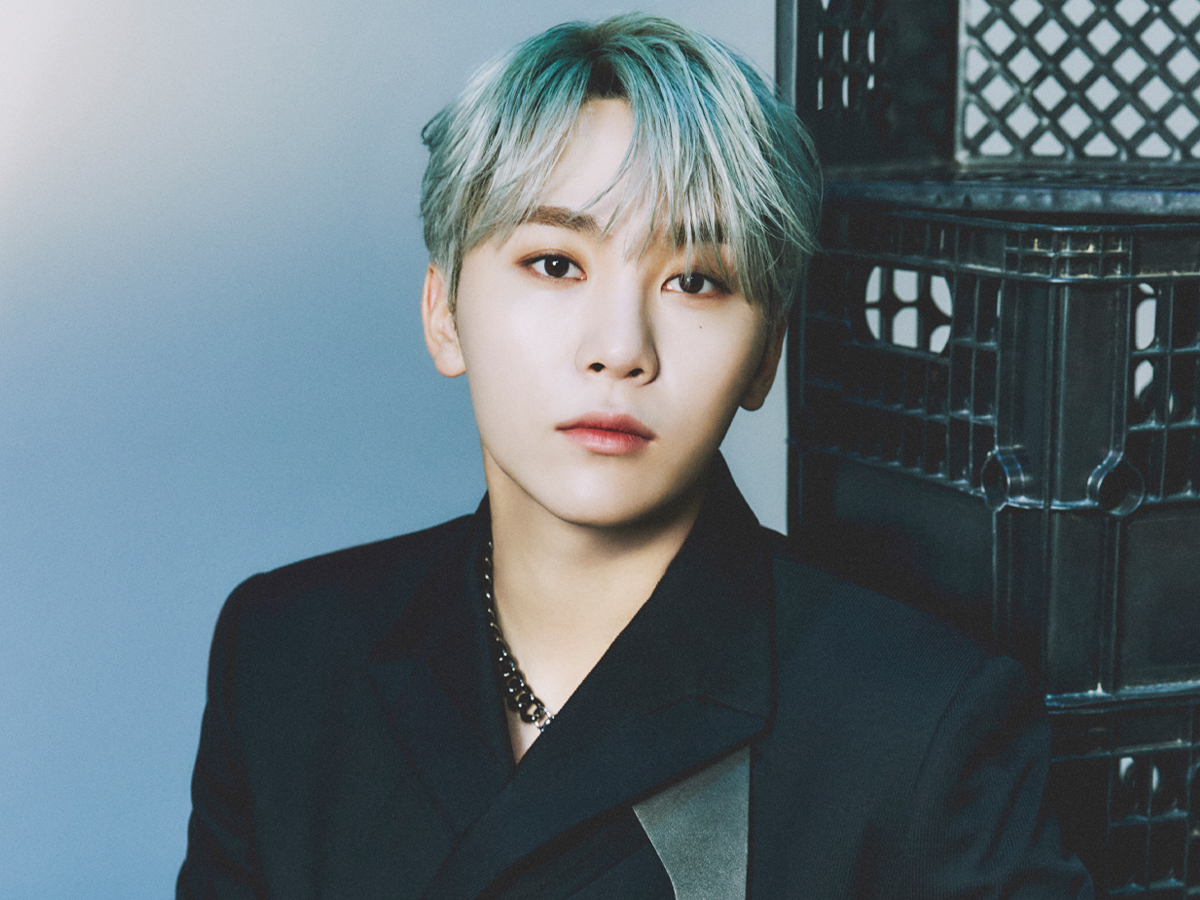
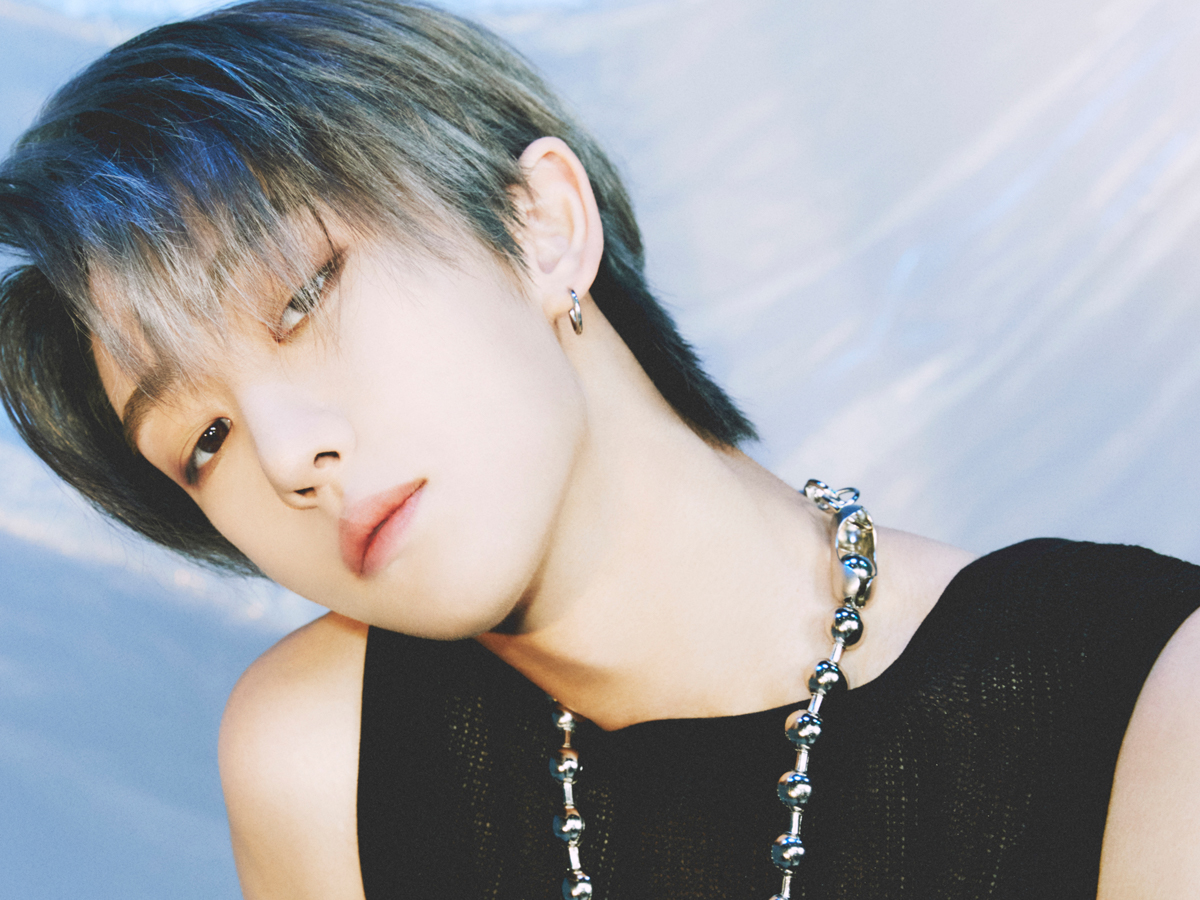
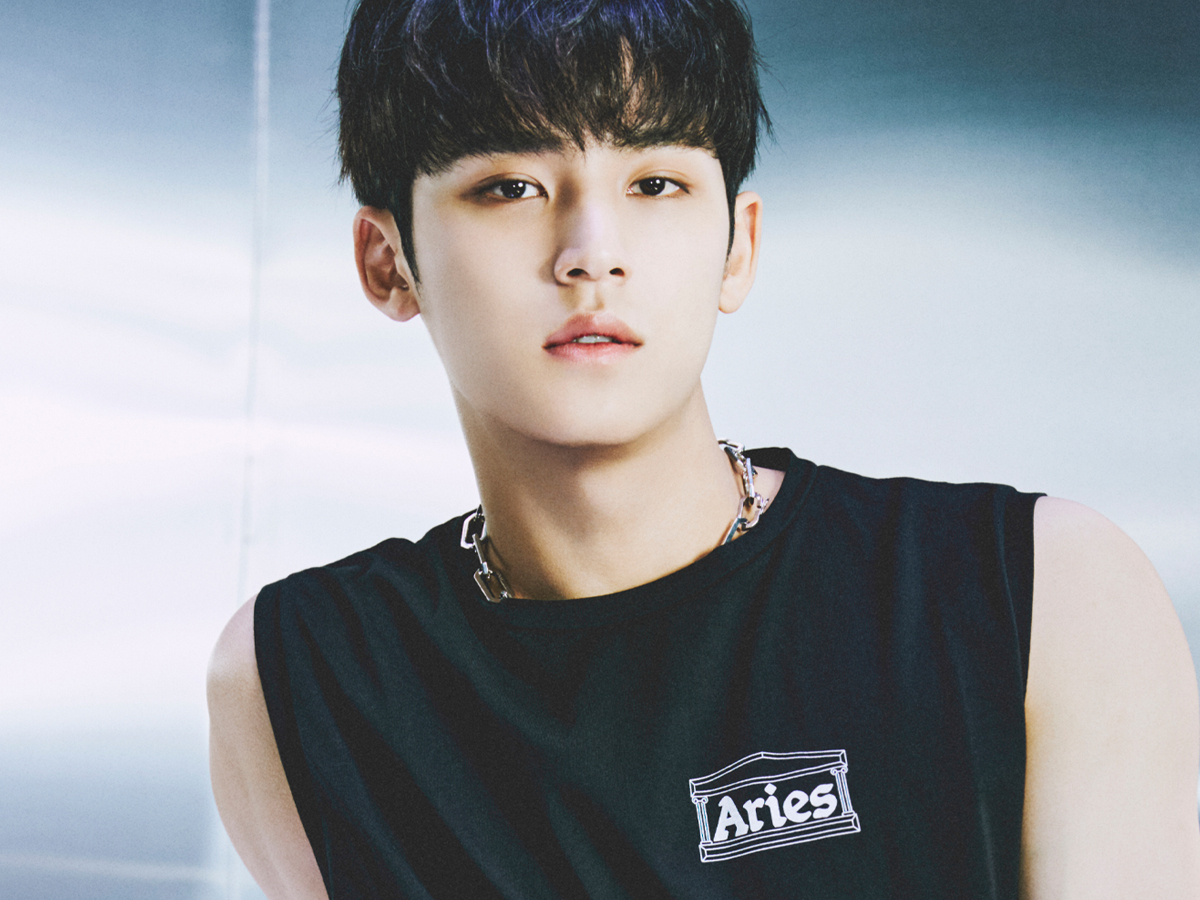
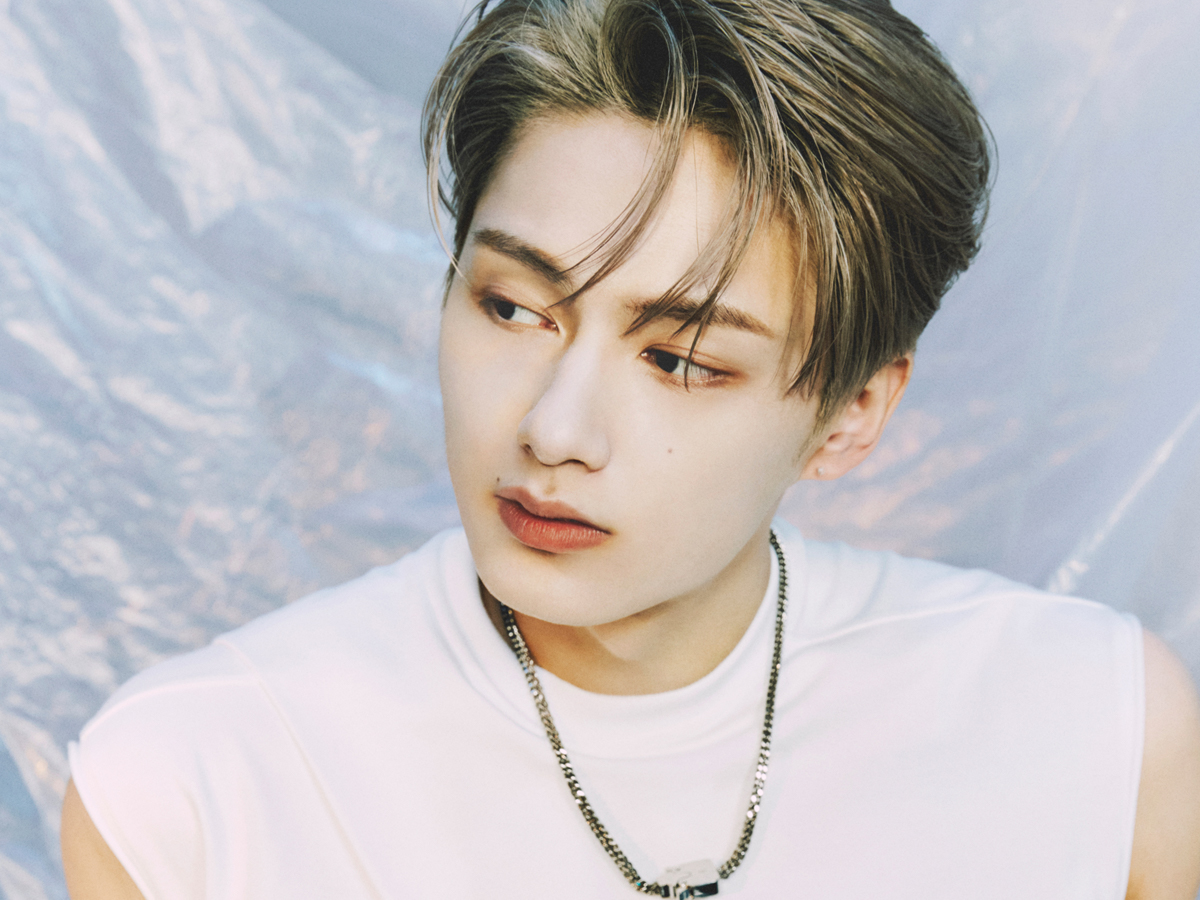
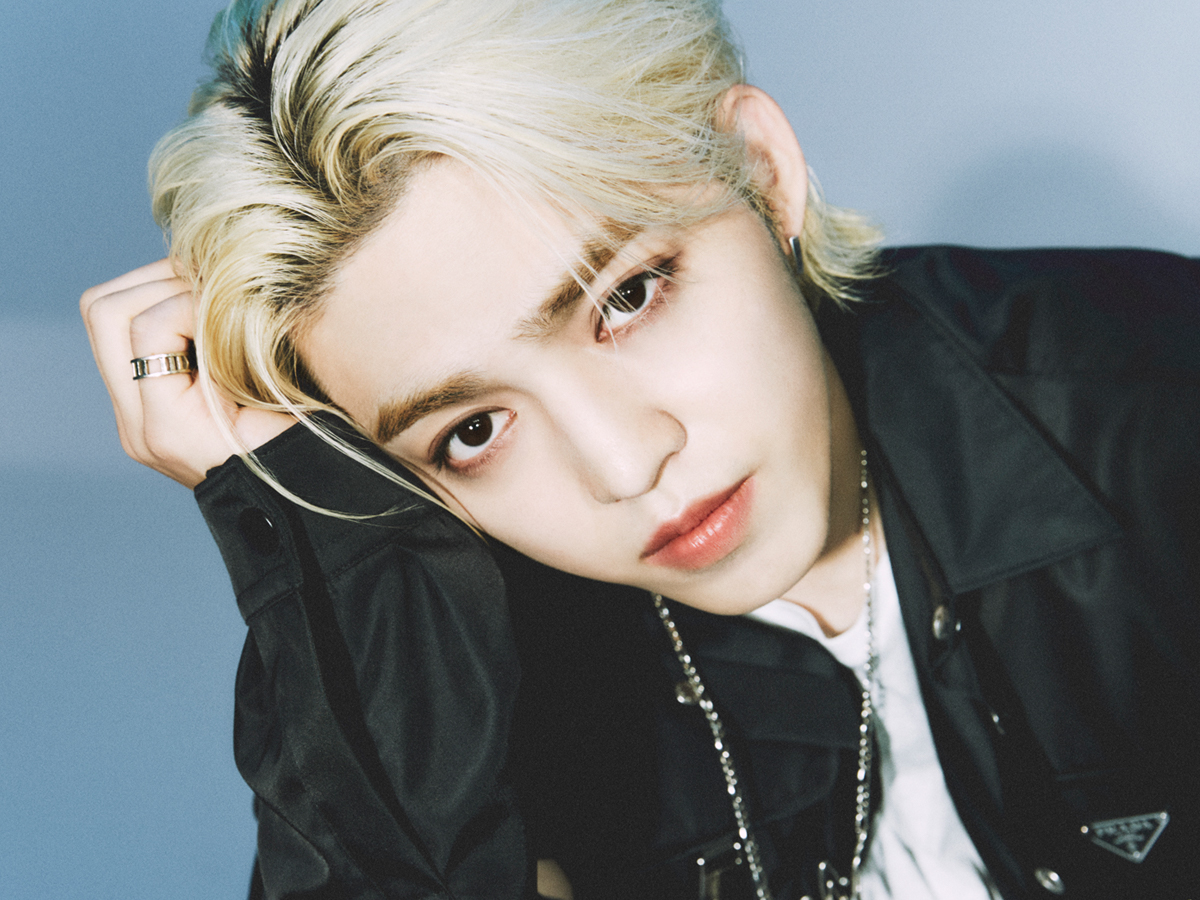
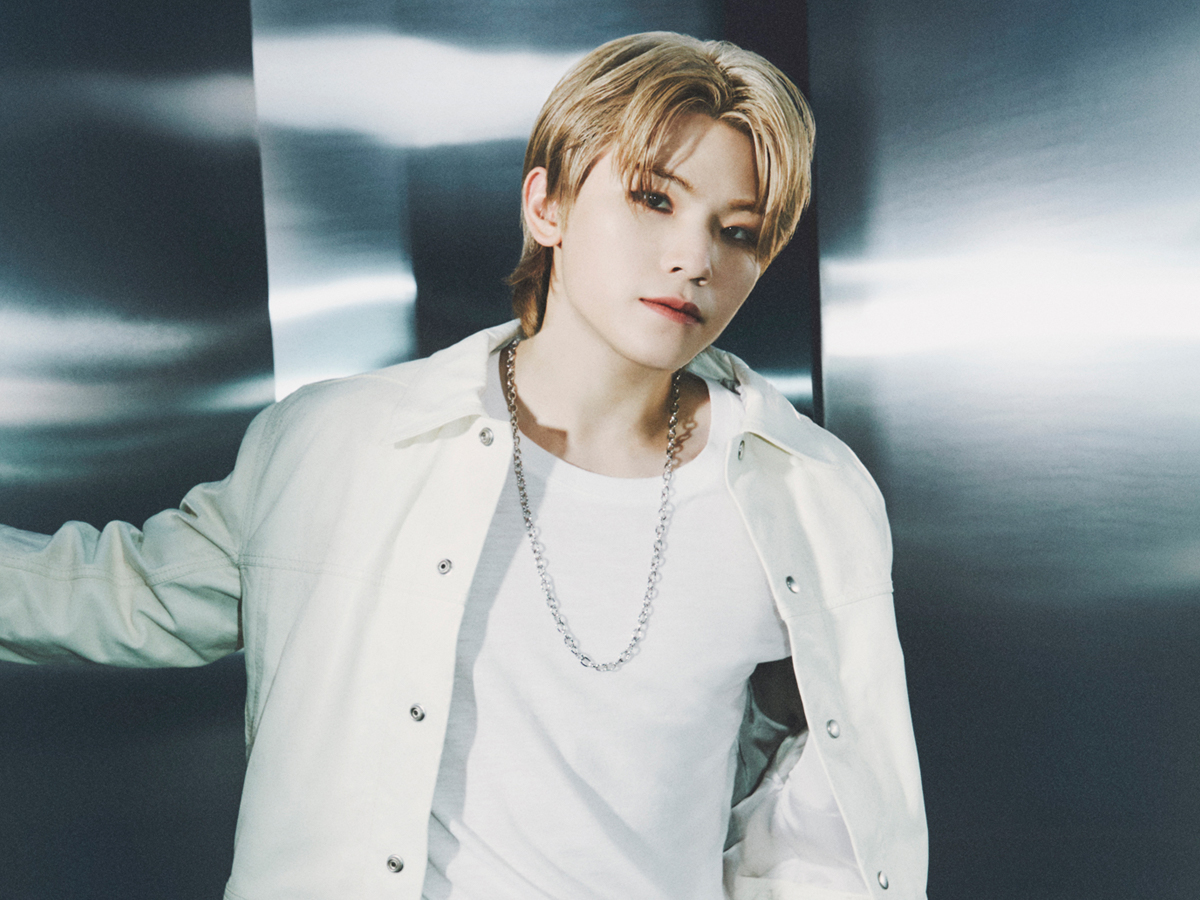
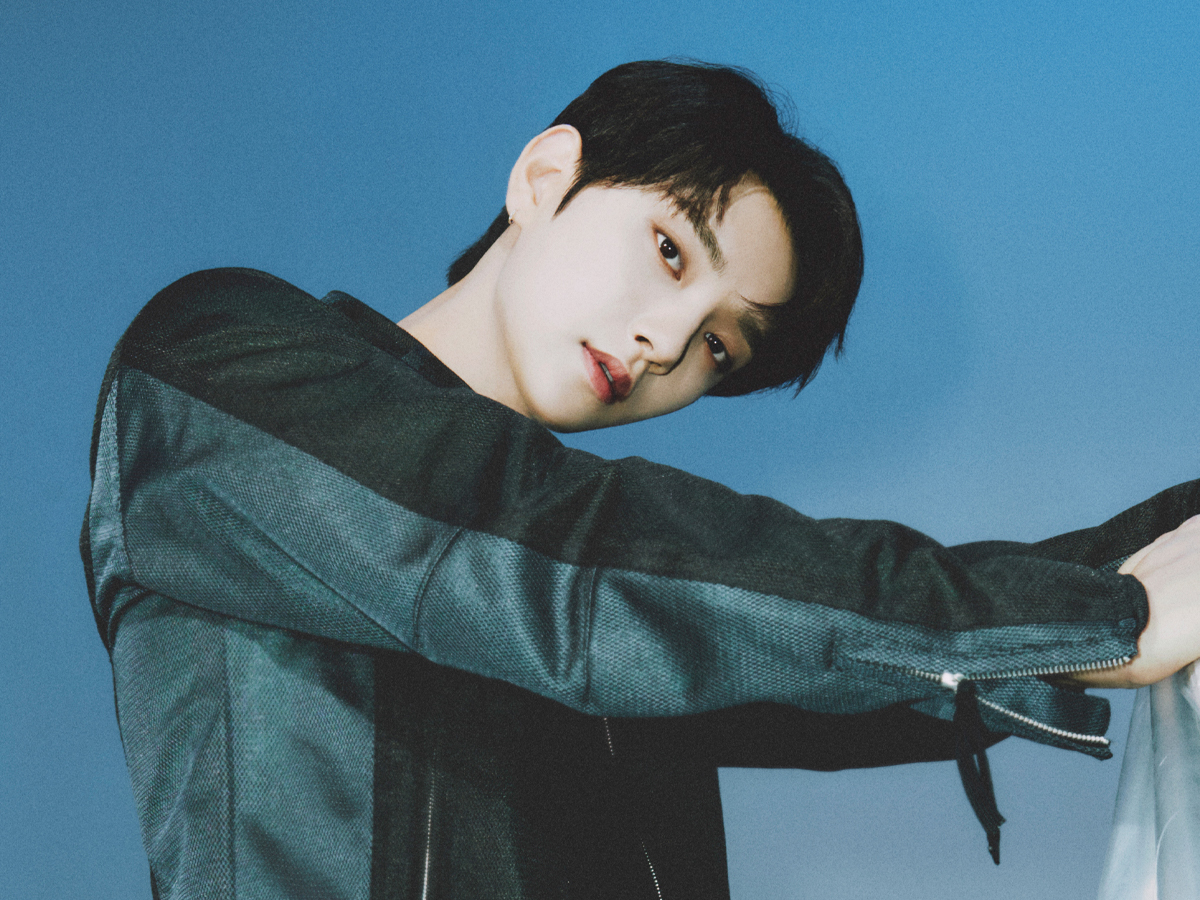
- SEVENTEEN Other Cuts2021.07.04
